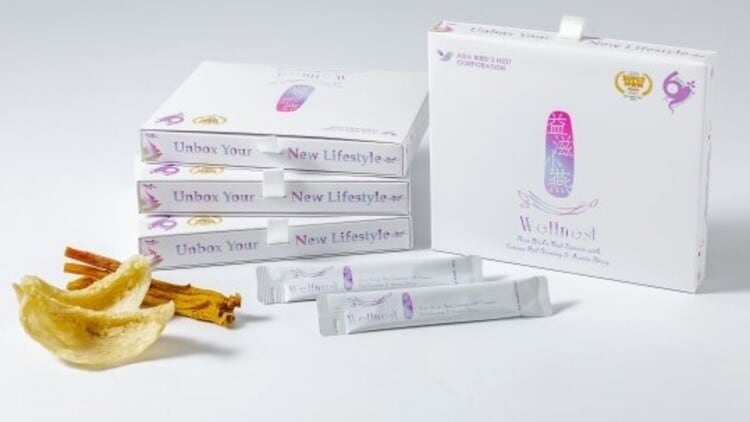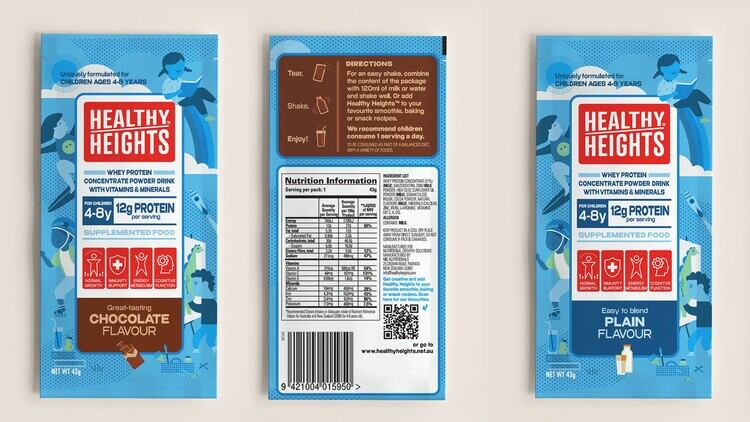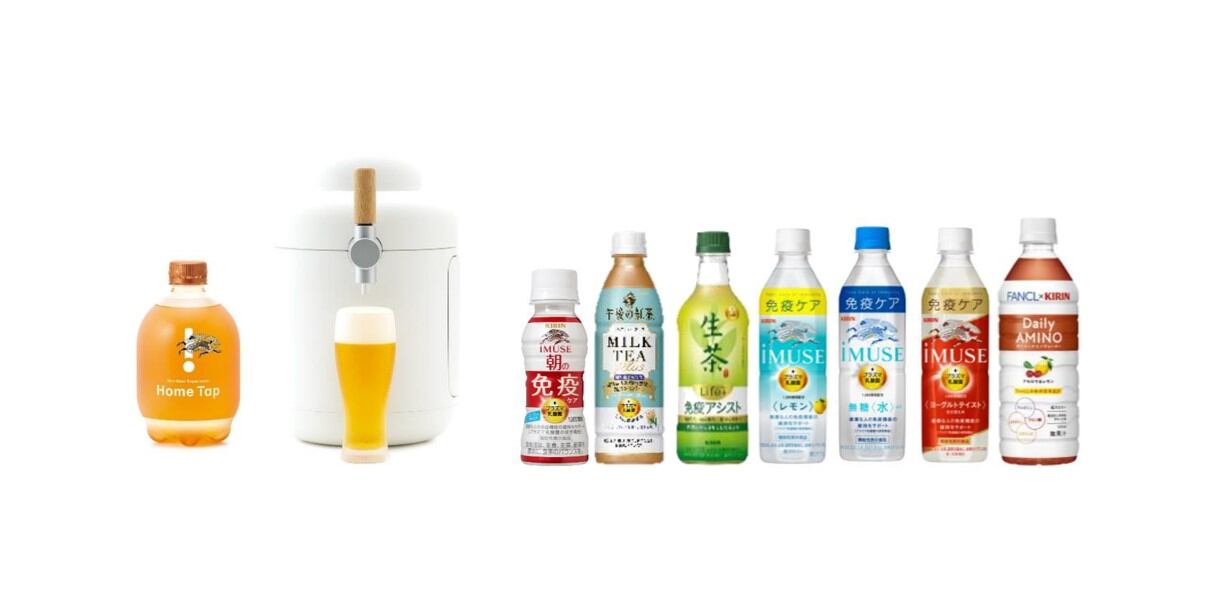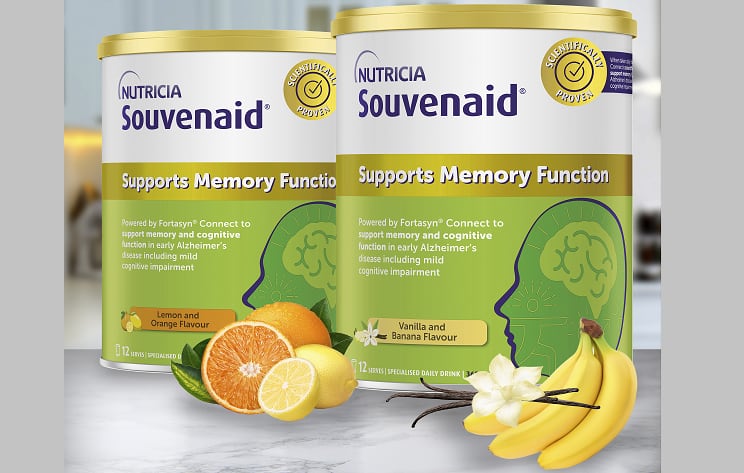The Asia Bird’s Nest Corporation has launched Wellnest, a ready-to-drink lifestyle superfood formulated with bird’s nest extract, six-year-old Red Korean ginseng and Aronia berry.
Various research on bird's nest show that it can provide various benefits, such as enhancing the body’s immune system and aid digestion.
For Wellnest, it is packed into 10ml foil sachets in boxes of 30. Conventionally, bird’s nest products are sold in fragile and bulky or single-serve glass jars or have to be double-boiled at home.
Compared to other products, it is also claimed to have higher absorption rates in the digestive tract and is believed to be the first of its kind made by a Singaporean entity.
Associate Professor Dr Lim Kah Meng, director for Asia Bird’s Nest Corporation, said:
“The bird’s nest needs to be modernised. It has been around for centuries.
“The catalyst to change its format was to make it convenient and highly concentrated so consumers can instantly feel its effects.
“We also want to provide an impactful product to capture the younger consumers like the millennials and Gen Zs.”
Manufactured in a plant in South Korea, Wellnest is made of water, fructooligosaccharides, maltodextrin syrup, Aronia concentrate, honey, Korean Ginseng concentrate and bird’s nest extract.
Each sachet contains 28.15 kcal, with 0.17ml of protein and 6.83ml of carbohydrates. There is no fat, saturated fat, trans fat or cholesterol.
The product claims to improve the immune system, complexion, digestion, energy levels and cognitive function.
Suitable for ages three and up, the product is now sold at an introductory price of SGD$69.00 (USD $51.50) for a box of 30 via their official website.
According to the firm’s marketing representative Jane Ng, a box of 30 sachets contains about 150g of bird’s nest.
The product patent has been approved in Singapore, Indonesia, Taiwan and the US.
Their patent is pending in 14 other countries.
The sachet science
According to Dr Lim, the absorption of the liquid formula into the bloodstream is higher and faster due to their research and development, which started 10 years ago with a team of 10 scientists.
First, the scientists used fruit enzymes like papain from the papaya plant and pineapples to break down the bird’s nest protein chain peptides.
Dr Lim said this made the bird’s nest peptides around 100 to 1,000 times smaller than conventional bird’s nest products at the nanoparticle level.
These smaller peptides also meant that nutrients could enter the bloodstream faster in the digestive tract in different consumers with different body capabilities.
“Therefore, we can receive more nutrients more efficiently. We need different types of peptides for different uses in the body; hence, we are enriching the diversity of peptides (in our body). The smaller chains can also catalyse and stimulate the body’s reaction in digestion,” said Dr Lim.
The enzymes do not have any destructive effect on micronutrients because the bird’s nests –supplied chiefly from Surabaya (East Java, Indonesia), Kalimantan (southern part of the Borneo island, under Indonesia) and Malaysia – are first freeze-dried to remove all traces of moisture.
The man behind the science
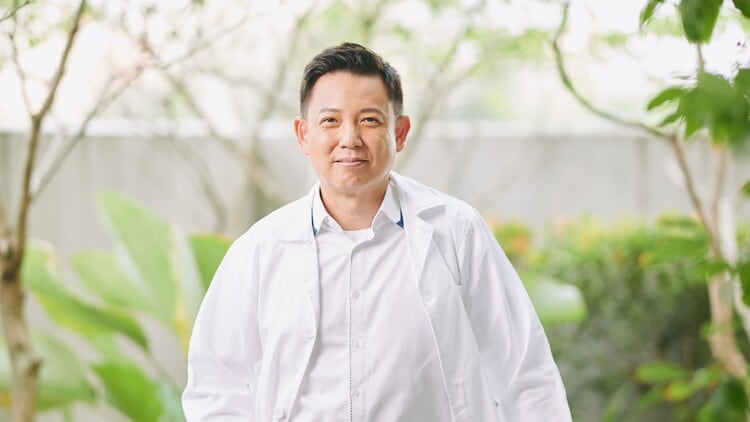
A leading scientist on molecular biomedicine and expert in molecular edible bird’s nests, Dr Lim has spent a decade researching ways to extract bioactive nutrients from that highly valued commodity in Asian culture.
He has researched and filed 29 patents for the molecular formulation devised with his team, such as the extraction processes for the bioactive molecules, including active immunological bio-molecules from edible bird’s nests.
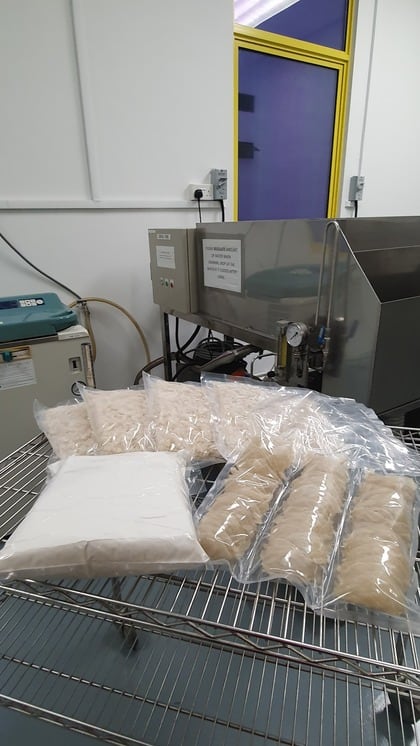
He is also an expert in molecular placenta, where he has successfully developed popular products for the commercial world based on placental stem cell extract.
Over the last 20 years too, Dr Lim has developed innovative and commercially viable solutions for molecular medicine in treating cancers.
He is knee-deep in biomedical research for neuroscience and has filed for five patents related to cannabinoids, specifically on medical cannabis.
In business, he has invested in seven potentially unicorn start-ups throughout the last decade.
A ratchet sachet
According to Ng, the first production run of 6,000 Wellnest boxes has sold out, and it is currently halfway into its second production run of the same quantity.
Currently, consumers can purchase directly from its website, but they will enter the mass market latest by early June.
The firm intends to start its third run in April with revamped packaging as they are currently testing various biodegradable materials that will not affect the formulation quality.
“We need to be able to attract the millennials and eco-friendly segments of the market.
“The millennials always talk about speed, efficiency and convenience. Hence, we’ve provided the e-commerce platform to purchase this product with the bio-absorption tech.
“With the science backing us, we are confident that people will see its benefit. We also want to gain market share in the shortest time possible using this proprietary blend,” said Dr Lim.
When discussing business diversification, he shared his intent to delve into cosmeceuticals and the infant pureed food market using the same bird’s nest extract within three to five years.
To achieve this, he aims to stabilise the offerings in Singapore for the next one year first.
Then, he will aim to penetrate the South East Asian and China markets in the next two to three years.
He will try to expand globally at the fifth-year mark.
“China is a tough market to enter. We need to build stronger relationships and explore with the right partners.
“I am confident, but I am humbled because I do realise that there is still a lot to be done.
“I am confident because we have the right strategy and product, but the question here is searching for the right partner. I’m anticipating and expectant about that,” said Dr Lim.

